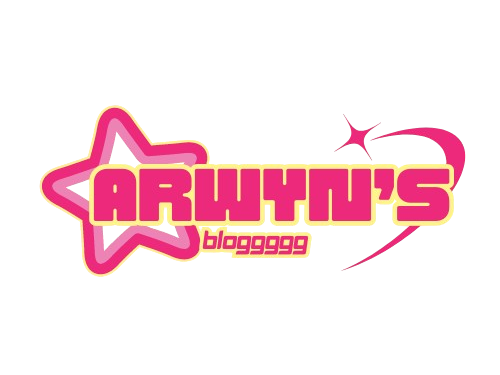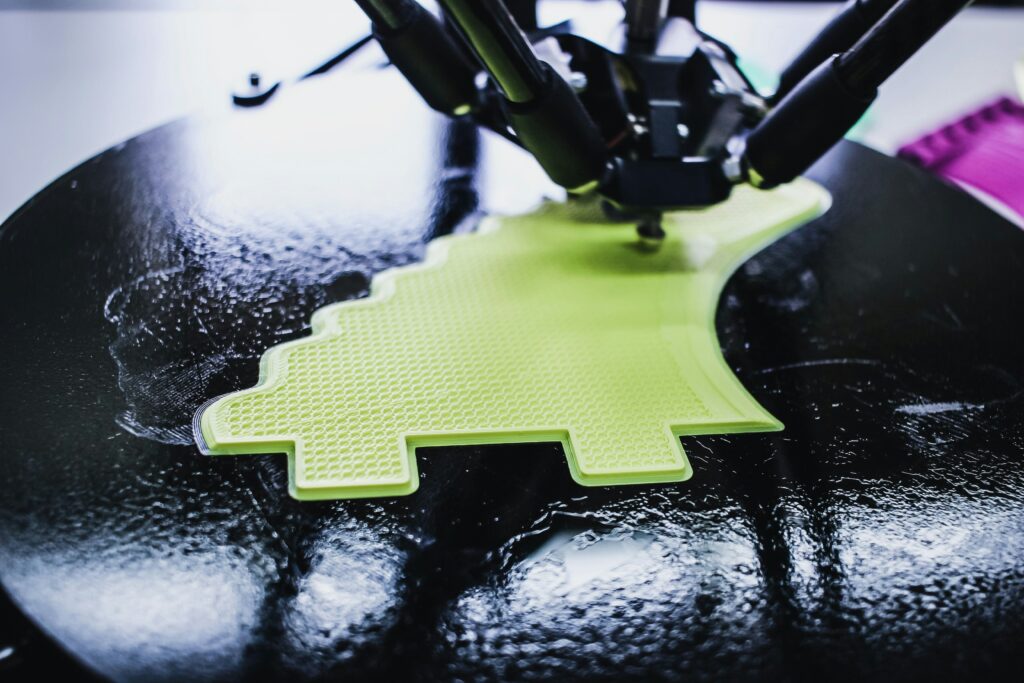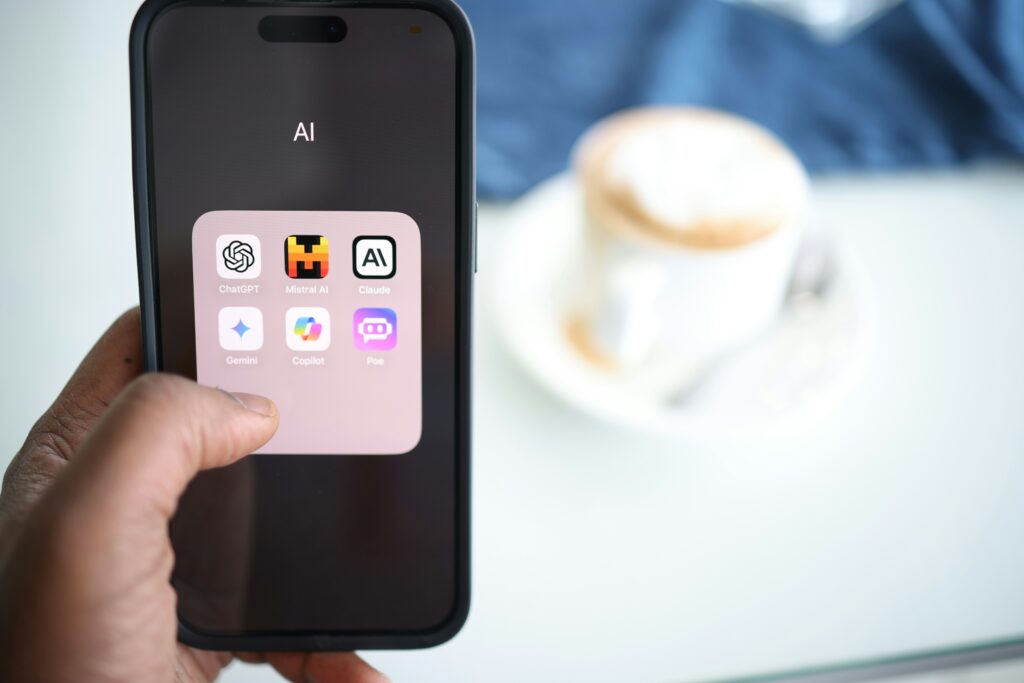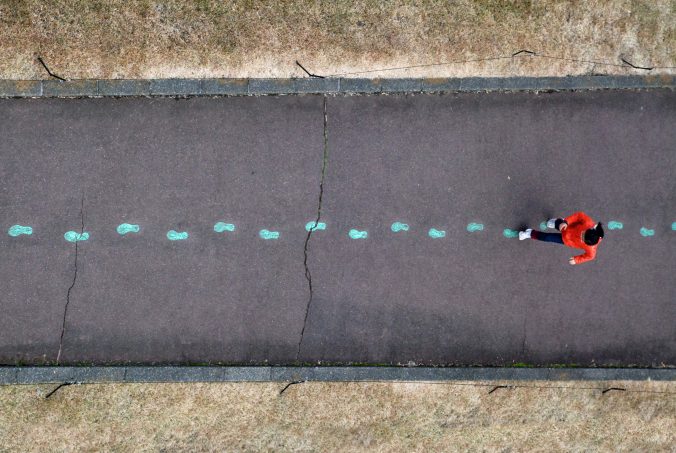The following photo/video are all included and made follwoing the guidelines in this weeks class!

Heres an example of an easily accessible photo! I decided to keep it on a more spooky-theme for Halloween of course!
The video above has edited closed captioning (CC) and again follows the guidelines of the class work. For some context, every Christmas Eve since I was 5, my family and close family-friends have a pot luck style dinner at my house amd then go to Butchart Garden for the night. The past 2 years, I film and create these interview moments for Christmas and this happens to be the first one so the editing was all done on iMovie and is probably not the best but ultimately its just something silly I make for my family to watch.

Some digital accessibility practices that are often missed include things like colour contrast aspects, which affects those with a vision disability and may cause issues. As well as documents and PDF’s lacking proper structure such as headings, tags, and readable text, making them inaccessible to screen readers. I often forget the constrast of websites as it is not something I immediately think of.
The digital accessiblity practices that shocked me the most were probably the imbedded links inside of documents and writing. I often imbed links into my works using a smaller title or “click here” just to make it fit nicely and neatly inside my document. I never realized how that doesn’t aid or give any context to users of screen readers.












